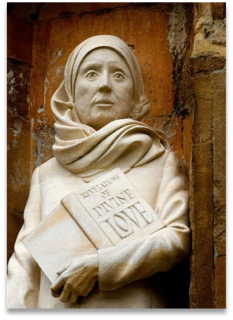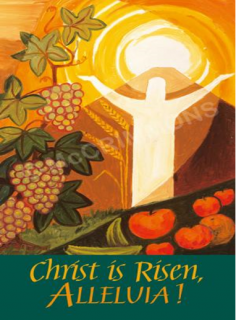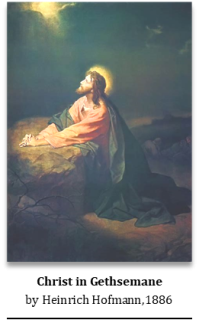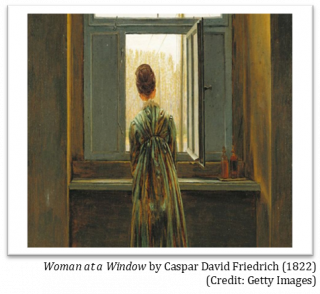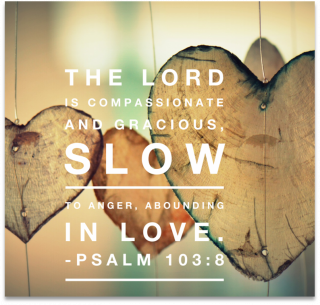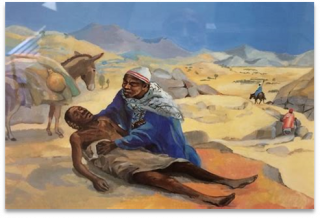
Sunday 28th May 2023

Whit Sunday…
Probably many of us will remember that, until the early 1970s, there was no such thing as the ‘Spring Bank Holiday’: in the UK we had instead ‘Whit Monday’, occurring anytime between mid-May and early June, depending on the date of Easter. (It was the perceived inconvenience to businesses, schools etc of having this second, ‘moveable’ public holiday, variably dated from year to year, that drove the switch, with effect from 1972, to the fixed, ‘last Monday of May’ arrangement that we have now.)
As it happens, the old ‘Whit Monday’ would have been, this year, the same date as this weekend’s ‘Spring Bank Holiday’. That’s because this Sunday is, in the Church Calendar, ‘Whit Sunday’ (called this, according to one common interpretation, because ‘White Sunday’ was a time of baptism, when white clothing would be worn, while others think its name was meant to convey the ‘wit’ or understanding associated with the receipt of the wisdom of the Holy Spirit).
The festival’s ‘proper’ name, now again in common use, is ‘Pentecost’ (coming from the Greek word for ‘fiftieth). Falling on the 50th and final day of Easter, it marks, as the Church of England website explains, ‘how God’s Holy Spirit was given to the disciples after Jesus’ ascension, empowering them to begin the work of making disciples of all nations’.
The Spirit plays an essential role in Christian faith and yet is something we may find hard to deal with. We probably have less well-developed ideas or images of the Spirit than we do about God or Jesus. But, essentially, in Christian theology it’s the role of the Spirit to make the presence of the living Jesus and his Father known, on an on-going basis. The Eucharistic Prayer in our Holy Communion services begins with that acknowledgement: ‘The Lord is here. His Spirit is with us.’
So, as we celebrate Pentecost on Sunday and enjoy our ‘Spring Bank Holiday’, let’s remember that the Holy Spirit appeared not just on a single occasion but is always here. Let’s try to find and recognise the working and the inspiration of the Holy Spirit in the world and in our lives. And in the words of the much-loved hymn, let us pray:
Come down, O Love divine,
seek thou this soul of mine,
and visit it with thine own ardour glowing;
O Comforter, draw near,
within my heart appear,
and kindle it, thy holy flame bestowing.
Amen
~Liam Pilgrim~
Image and quotation from the Church of England website page on Pentecost: <https://www.churchofengland.org/our-faith/what-we-believe/lent-holy-week-and-easter/pentecost>. Hymn words from <https://hymnary.org/text/come_down_o_love_divine>.
Back to top of page

 Sunday 28th May 2023
Sunday 28th May 2023 Julian of Norwich
Julian of Norwich Sunday 23rd April 2023
Sunday 23rd April 2023 Sunday 16th April 2023
Sunday 16th April 2023 Thought for the Week - Sunday 9th March 2023
Thought for the Week - Sunday 9th March 2023 Sunday 2nd April 2023 | Palm Sunday
Sunday 2nd April 2023 | Palm Sunday Sunday 28th August 2022
Sunday 28th August 2022 Sunday 21st August 2022
Sunday 21st August 2022 Sunday 14th August 2022
Sunday 14th August 2022 Sunday 7th August 2022
Sunday 7th August 2022 Sunday 31st July 2022
Sunday 31st July 2022 Sunday 17th July 2022
Sunday 17th July 2022 Sunday 10th June 2022
Sunday 10th June 2022 Thought for the Week - Sunday 20th March 2022
Thought for the Week - Sunday 20th March 2022